Every year, as April rolls around, Thailand transforms into a land of laughter, water fights, and deep cultural traditions. For those who have never experienced it, the sight of people armed with water guns and buckets, joyfully dousing each other in the streets, might seem bewildering. However, beneath the surface of this seemingly chaotic water festival lies a rich tapestry of history, culture, and community that makes Songkran one of the most unique and beloved celebrations in the world.
The Origins of Songkran
The word "Songkran" is derived from ancient Sanskrit, describing the monthly movement within the zodiac. This festival marks the start of the traditional Thai New Year and is usually celebrated from April 13 to 15, though in some places, the festivities can stretch out a few extra days. In 2023, UNESCO added Songkran to its Intangible Cultural Heritage of Humanity list, recognizing it as a celebration of the sun's annual passing into the Aries constellation, the first sign of the Zodiac. This astronomical event marks the traditional start of the Thai New Year festival.
More Than Just Water Fights
While the water fights are undoubtedly the most famous aspect of Songkran, the festival is steeped in unique cultural traditions that make it an excellent time for travelers to visit. "Pouring water is a significant act during Songkran, symbolizing cleansing, reverence, and good fortune," reads the UNESCO inscription. This act of pouring water is not just about fun; it is deeply rooted in rituals that have been passed down through generations.
Historical Insights
According to Pipad Krajaejun, a history lecturer at Bangkok’s Thammasat University, it’s difficult to pinpoint exactly when the water fights became such a key part of the festival. However, old photos from 1964 show that numerous people engaged in water battles in the Ping River. "According to many elderly people, water fights have been taking place in various places in Thailand for 60-70 years," he says. In those days, "everyone played with water in the village, everyone knew each other, and there was kinship," unlike today’s battles, which can involve thousands of revelers and high-powered water guns.
Regional Traditions
Songkran celebrations take place all over the country, in every city, town, and village. Some events are organized by local government bodies, while many hospitality businesses, including theme parks, hotels, restaurants, and bars, host their own Songkran-themed parties. Some towns limit the water fights to one day, so it’s essential to check ahead if you plan to join the battles.
Thailand’s Tourism Authority has put together a list of official celebrations taking place all over the country as part of the Maha Songkran World Water Festival 2025, including multiple events planned for Bangkok. Though Songkran traditions vary across the country, two main rituals are still widely carried out today.
On the first day of the new year, April 13, people, particularly the elderly, visit temples to sprinkle water on Buddha images—a ritual known as Song Nam Phra. "However, each region of Thailand has a slightly different practice," says Pipad. "For example, in northern Thailand—or Lanna—people utilize a naga waterspout to pour water on a Buddha image rather than directly." The second tradition, called Rot Nam Dam Hua, involves pouring water with perfume and flowers on the hands of the family’s older members, who then bless their lineage. This traditionally happens on April 14.
Joining the Fun
With water fights taking place in outdoor spaces all over the country, visitors won’t have any issues joining in. Water guns are available for sale everywhere during Songkran, with street vendors often setting up near popular water fight areas. However, there are some important things to consider before heading out.
In terms of safety, the number of fatal road accidents is notoriously high during the holiday period, with drunk driving being a key factor. Complaints of sexual harassment have also been reported. Officials advise visitors in need of emergency assistance to call the tourist hotline at 1155. Those heading out should put their valuables in a waterproof pouch—even waterproof phones. Getting wet and having white powder smeared on your face is often part of the experience and can result in a gooey mess. To avoid eye irritation—water cleanliness can be questionable—consider wearing goggles or large, transparent glasses.
The usual common sense applies when out in the heat. Stay hydrated, wear a hat, and put on sunscreen. It’s summer in Thailand, with temperatures creeping up to 40 Celsius (104 F) and beyond this time of year. On the flip side, heading into an air-conditioned vehicle or building while dripping wet can be a real shock to the senses. A towel and a change of clothes in a dry bag come in handy when the splashing is over.
Dressing Up for the Occasion
Got an old Hawaiian shirt you’ve been looking for an excuse to wear? Now’s your chance. Songkran revelers often dress up in bright, colorful, flower-covered shirts. This festive attire adds to the joyful atmosphere and makes the experience even more memorable.
Culinary Delights
Food is a huge part of the Songkran equation. Thailand is a diverse country filled with many regional cuisines, meaning every province will have its own culinary traditions. But there are a few dishes that are particularly special in the summer months.
Among these is a delicacy called "khao chae," which translates to "rice soaked in water." A refreshing meal served during the summer months, usually from late March to May, it appears on many seasonal menus, with high-end hotels often serving their own rendition of the classic. For instance, the Mandarin Oriental Bangkok’s classic khao chae set includes jasmine-infused water with ice and an assortment of side dishes, such as kapi balls, deep-fried shallots, fish, stuffed peppers, shredded pork, and fresh vegetables.
And of course, we can’t forget the ubiquitous mango sticky rice, a tourist favorite found everywhere from the streets to high-end Thai restaurants. In this special dish, eaten as a snack or dessert, sweet sticky rice is drizzled in a coconut cream sauce and served with ripe mango. Though available all year, it’s particularly popular in the summer months when mangoes are in season. If you don’t mind battling the crowds, K. Panich is a Bangkok institution that has been serving up mango sticky rice for close to 100 years.
A Time for Family and Reflection
Beyond the water fights and culinary delights, Songkran is a time for family and reflection. Many people journey hundreds of kilometers to their hometowns to reconnect with loved ones. It’s a break from the routine, a chance to pause and appreciate the bonds that hold communities together. In a world that often feels rushed and disconnected, Songkran offers a rare opportunity to slow down and embrace the simple joys of life.
A Celebration of Life
Songkran is more than just a water festival; it’s a celebration of life, culture, and community. It’s a time when the old and the young come together, when traditions are honored, and when the spirit of fun and joy reigns supreme. For travelers, it’s a chance to experience the heart and soul of Thailand, to immerse themselves in a culture that values connection and reverence.
So, if you find yourself in Thailand in April, don’t be surprised if you get splashed by a water gun or doused by a bucket of water. Embrace it. This is Songkran—a festival that reminds us that sometimes, the best way to start a new year is with a little bit of chaos, a lot of laughter, and a whole lot of love.

By Samuel Cooper/Apr 15, 2025
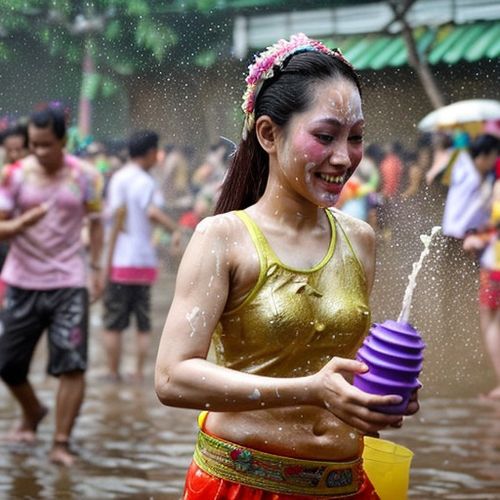
By Christopher Harris/Apr 15, 2025

By Eric Ward/Apr 15, 2025
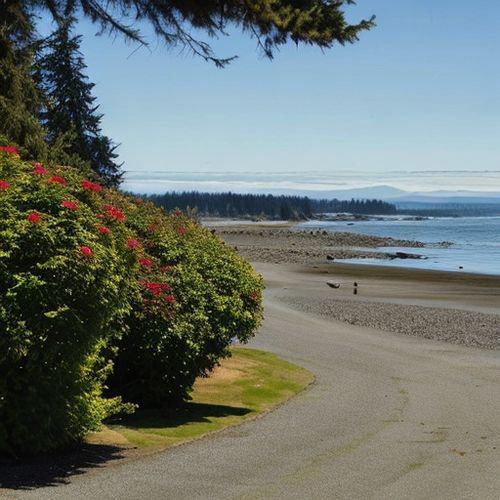
By Noah Bell/Apr 15, 2025

By George Bailey/Apr 15, 2025

By Daniel Scott/Apr 15, 2025

By Elizabeth Taylor/Apr 15, 2025

By Grace Cox/Apr 15, 2025

By Jessica Lee/Apr 15, 2025

By Jessica Lee/Apr 15, 2025

By Ryan Martin/Apr 11, 2025
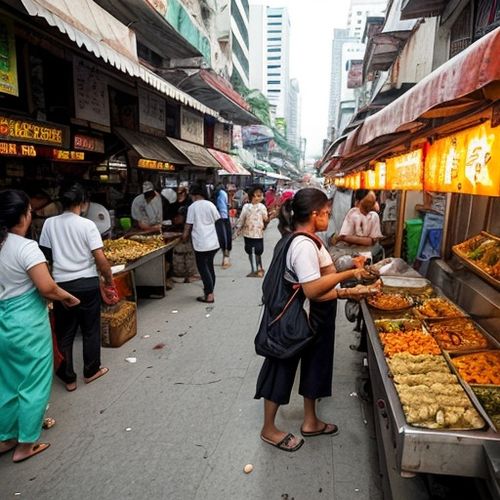
By Victoria Gonzalez/Apr 11, 2025

By Christopher Harris/Apr 11, 2025
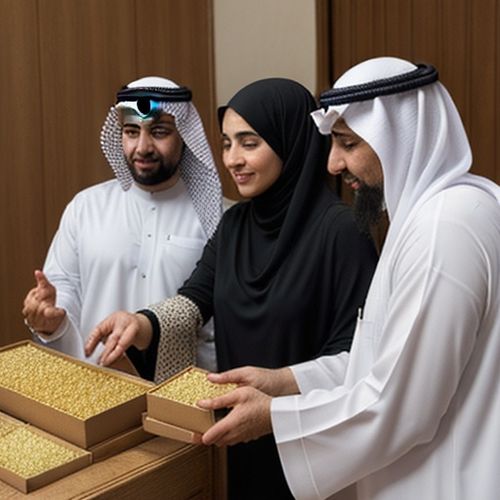
By Victoria Gonzalez/Apr 11, 2025
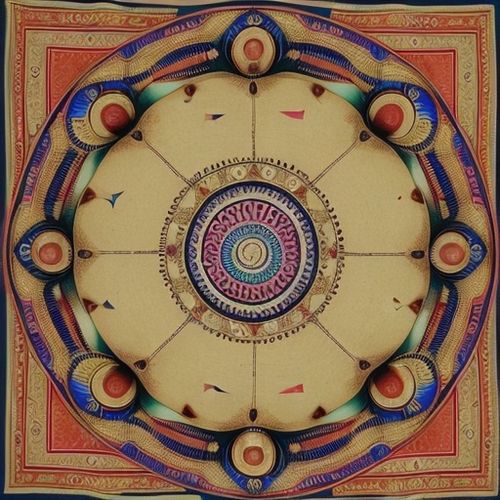
By George Bailey/Apr 11, 2025

By Megan Clark/Apr 11, 2025
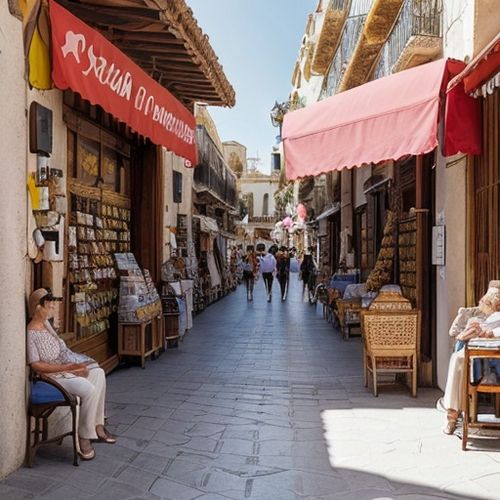
By Natalie Campbell/Apr 11, 2025

By Eric Ward/Apr 11, 2025
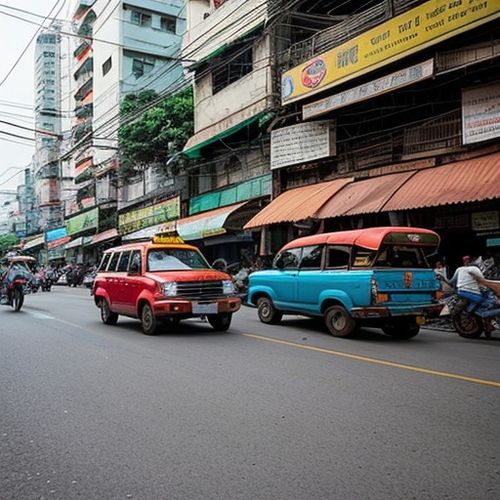
By Benjamin Evans/Apr 11, 2025